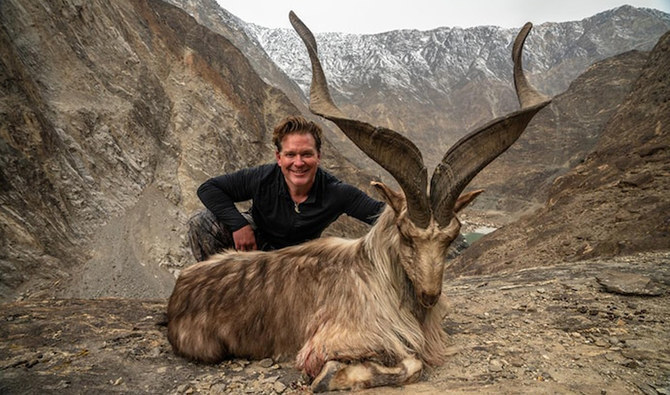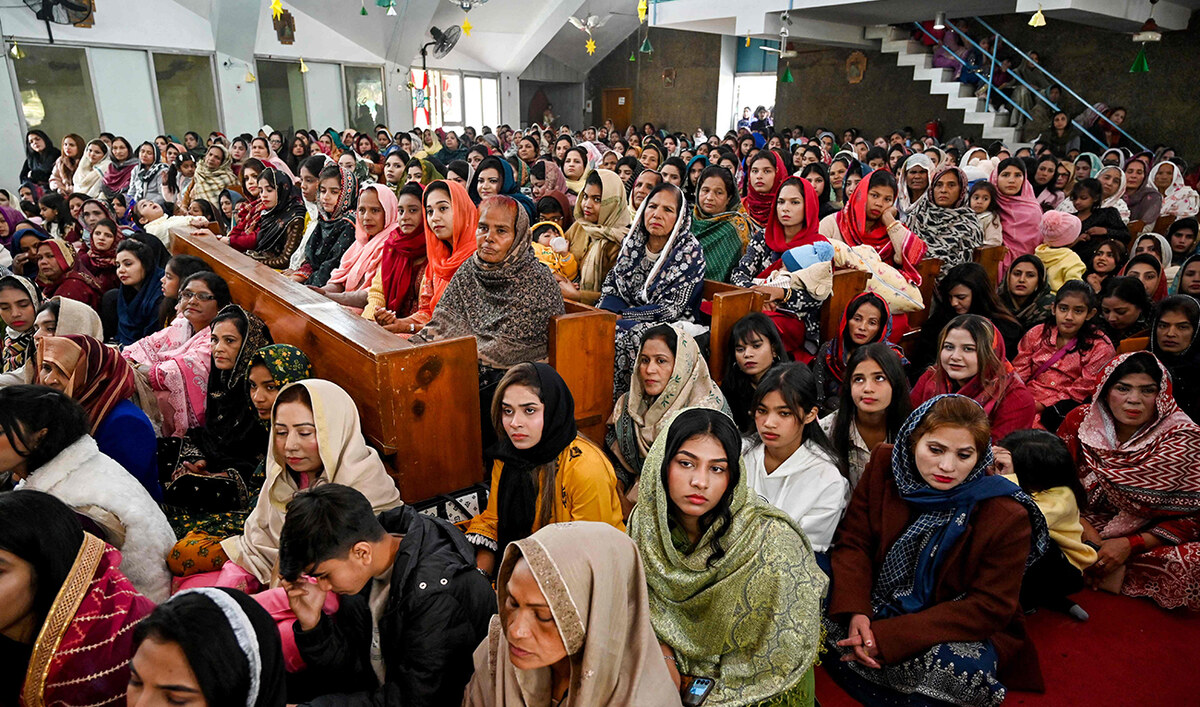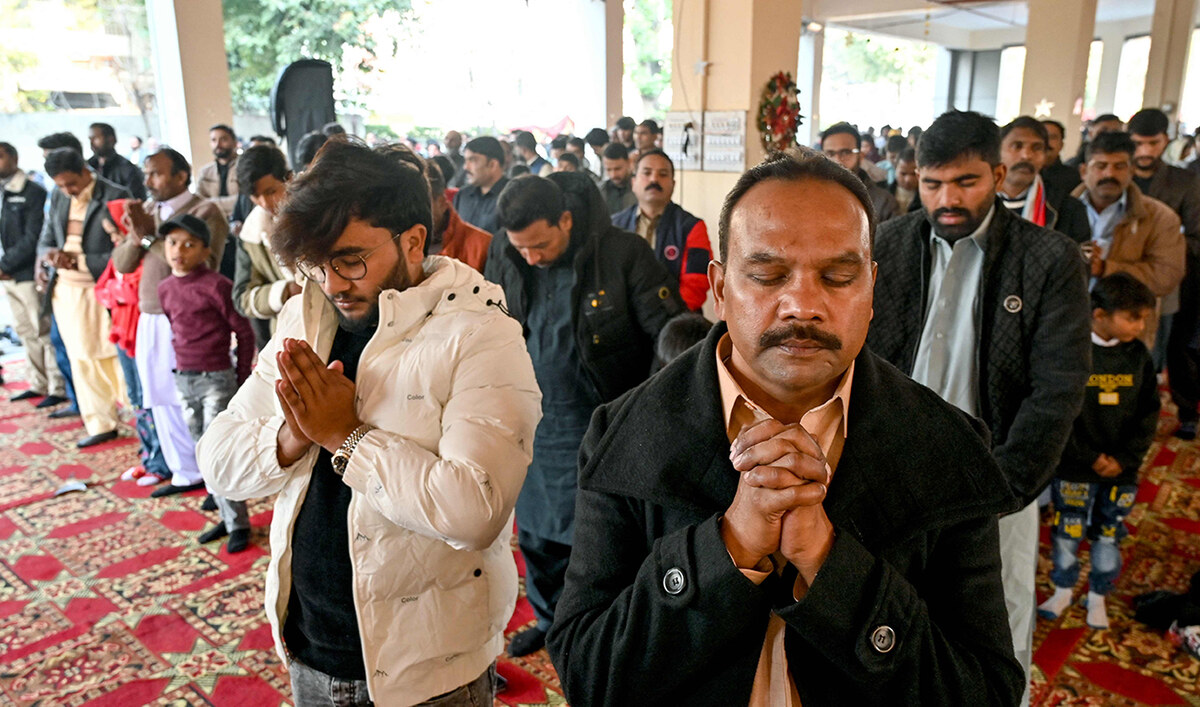KHAPLU, Gilgit-Baltistan: The Gilgit-Baltistan Parks and Wildlife Department auctioned trophy hunting permits for more than 100 endangered animals on Wednesday, with the long-horned Astore Markhor goat’s permit fetching the highest bid of $107,000, an official confirmed.
The enormous license fee to kill the rare markhor, a long-horned goat native to Pakistan’s northern GB region and found in its snowy northern mountains, is one of the highest in the world. The trophy hunting season begins on Nov. 1 and ends on Apr. 31 for the 2024-2025 season.
The trophy hunting program was first introduced by the government in GB’s Nagar Valley in 1990, attracting international hunters who have since been paying hundreds of thousands of dollars to target a limited number of wild animals in the area. The program was later extended to different areas of GB.
Trophy hunting is viewed worldwide as a controversial practice as it involves hunting rare animals for sport and displaying their parts as trophies. Conservationists and locals, however, argue that the trophy hunting program in northern Pakistan prevents poaching and empowers local communities as most of the funds from the activity are spent on their welfare.
“Four permits of Astore Markhors have been auctioned and the highest permit was sold today for $107,000,” Tariq Hussain, the spokesperson for GB’s wildlife department, told Arab News.
“In addition to the Astore Markhor, permits of 14 blue sheep and 88 ibexes were also auctioned.”
Hussain said 80 percent of the money collected from trophy hunting is provided to the local communities, who spend it on building hospitals and schools, adding that the remaining 20 percent is deposited into the national exchequer.
“The local community is also involved in this process,” Hussain said. “And they also help the government stop illegal hunting and poaching.”
Hussain said the trophy hunting program has led to an increase in the population of wild animals. An official of a tourist company and a local agreed.
“We are involved in this program as a facilitator for the hunters and this year, we have bought four permits,” Sultan Muhammad, chief executive officer of Travel Adventure Pakistan, told Arab News over the phone.
He said only male and old animals are hunted in the program, which was why their population had increased.
“Locals are also guardians of the wild animals since they get 80 percent of the share from the money received from trophy hunting,” Muhammad explained.
Shabbir Hussain, a resident of GB’s Gojal valley, said previously markhors were “on the brink of extinction.”
“However, after this program, locals have also joined hands with the government and are playing their role to protect animals,” Shabbir Hussain said.
He said locals were utilizing 80 percent of the amount they were receiving for the trophy hunting program.
“We have established a girls’ hostel in Gilgit for students, guest houses and are providing scholarships for the students of our area from this money,” Shabbir Hussain said.
“We, the locals of Gojal valley have also bought 500 kanal of lands in Islamabad from the trophy hunting money. We are thankful to the government for launching this program.”




















